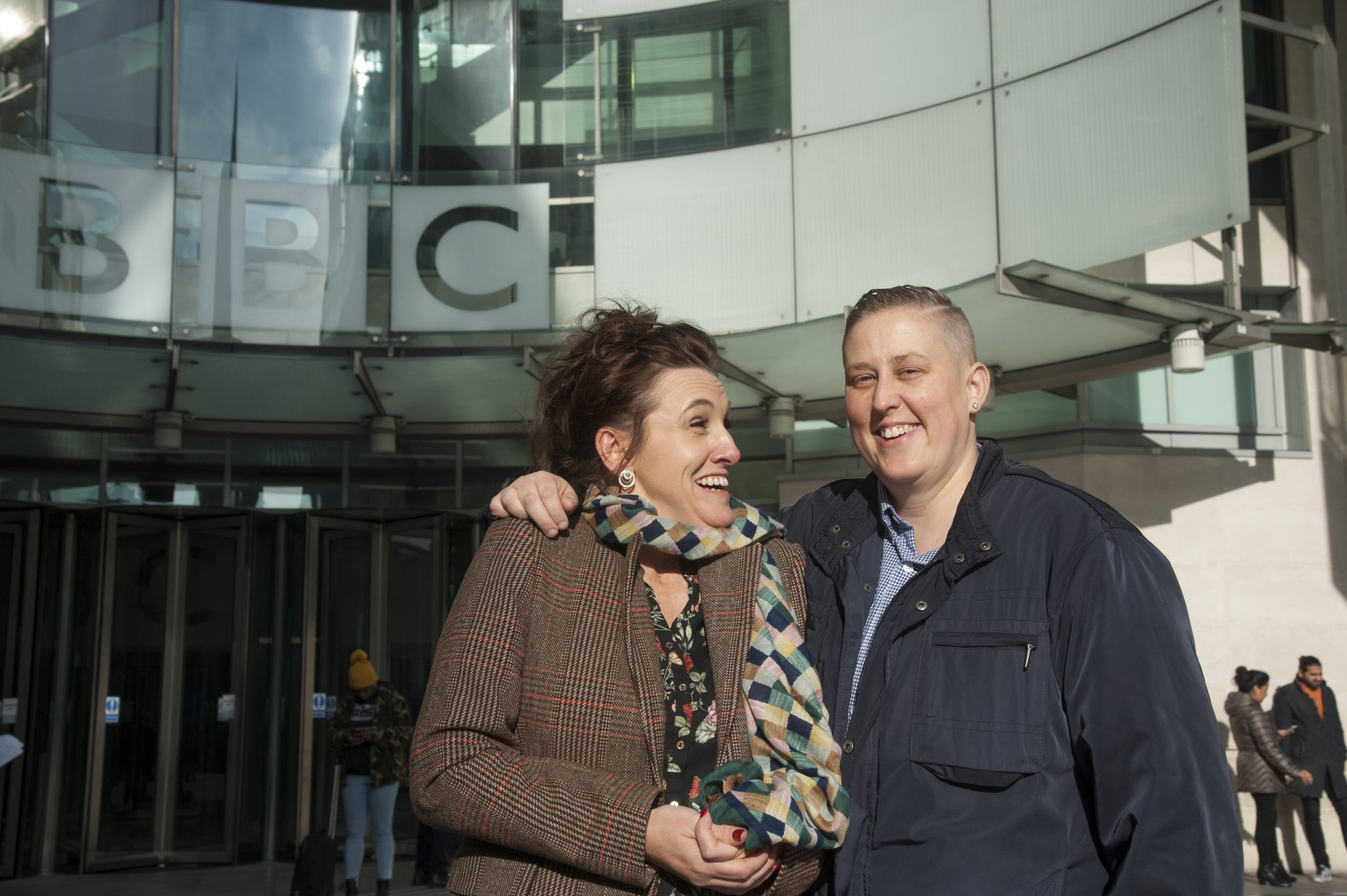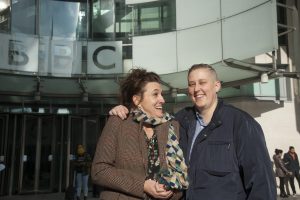
I had always aspired to learn but school was not built for someone unable to keep up. I was one of those people. 
Awkward, bullied and socially awkward, the work was like an unknown map in front of me. My first grade was poor, with comments such as “lack of understanding” and “unable to read”. I felt a sense of panic, which never truly left me throughout my school career.
I loved to read, write and play instruments but slowly, as school carried on without me, my parents received letters with smudges on them, the sweat of me holding them, grasping these pages that would mark me for life: “shows little independence working alone”, “poor reader”, “good effort but lack of understanding”, “try again”, “unable to continue learning to play the recorder due to poor ability to read notes and keep up with the class”.
I grew up with a sense of fear and I hung on to people I thought could help me, thinking that, even if those people used me, at least they knew better, at least they could help me. I needed support, I couldn’t go it alone, right?
I felt the rumble of the engine; the dark windows of the wagon as it pulled out.
Before I saw the judge’s eyes, I knew I would hear the sound of keys. No understanding, no voice. My youth was a case of trying to keep up, now the situation had caught up with me. The cuffs, the officers, the court advisers soaking back into the walls and paper they appeared from. Smudged, sweaty, gone.
I felt the rumble of the engine; the dark windows of the wagon as it pulled out. I looked at every cloud, traced every face that didn’t even notice us travel through the city. People on buses, mothers rocking their babies while checking their phones, dogs with thick collars, panting in the heat.
The fear was no different to the fear I had let swallow me up my whole life. I saw paperwork pass hands, officers mutter, people ask me questions, repeat, “Do you understand!”
I was transferred to another prison, further away, no more visits.
Locks, barbwire, bolts, bullies, taunts, restrictions, emotions running like water out of a burst pipe. A map of a war-torn country I could not understand. Slit eyes and clenched fists.
They told me I was disruptive, that I would not be able to train for the job I wanted. Maybe they could find something. They put me in the gym where I was doing circuits and workouts for weight management.
I was transferred to another prison, further away, no more visits.
I started to read more, go to the library, write poetry. I found writing opened my mind, felt the pages lead me to a different idea of life and what life means to me. I told my mum I was going to do education, starting with Maths, I.T. and English.
It was hard to begin with: the noise, alarms, metal detectors, officers coming in signing books. People shouted and grew agitated, which too often led to violence. Fights, drug passing in the toilet, threats.
Donate nowI wanted more; I wanted to feel my mind leave this place like it did when I opened a book.
I began to see information about Prisoners’ Education Trust, about funding to help people reach goals and higher education. I hesitated. I felt stupid. But then I had staff and my close friends saying, “Try. That’s all you got in here. Try to be the best ‘you’ you can be.”
I told my mum I had been accepted for funding for an Arts and Languages course. She was so ill by then, she kept coughing, but she laughed and told me that she had studied art and languages when she was young. I told her I would tell her everything and we could talk about it together. She was so excited. After my first essay had gone in, I told her about my high marks. She was overjoyed.
This course was more than anything I had ever dared to dream.
It was after that she passed away. I felt like the doors around me were slamming and locking fast. I felt dizzy and lost and spiralling like a leaf in the wind of my mind. But not for a second could I bear the thought of giving up. This course was more than anything I had ever dared to dream. It was the connection from my past, to the present with the future. Instead of trauma, hurt, confusion, a patchwork of clips to build a life, it was creating a beautiful mosaic.
It was my mother, back with me, laughing, exploring. The joy of receiving my essay, books, DVDs – the best present I had ever had; each box held a key in my mind, to open slammed doors. I knew I had to carry on: for the little me sweating in the classroom, the tired me that had to work and give up dreams, the future me who wanted to be the best I could be.
PET creates the map to show you a world of new possibilities.
It had given me hope, past the alarms and cut regime of poor staffing levels and stressed prisoners. It had given me a map, that was clear. When everyone turns their back on you and there seems like nowhere to go but a four by four, PET creates the map to show you a world of new possibilities. My mum might not be here but I truly believe that she’s still excited.
Dalton’s story featured in our BBC Radio 4 Appeal in December 2019, presented by columnist and broadcaster Grace Dent.